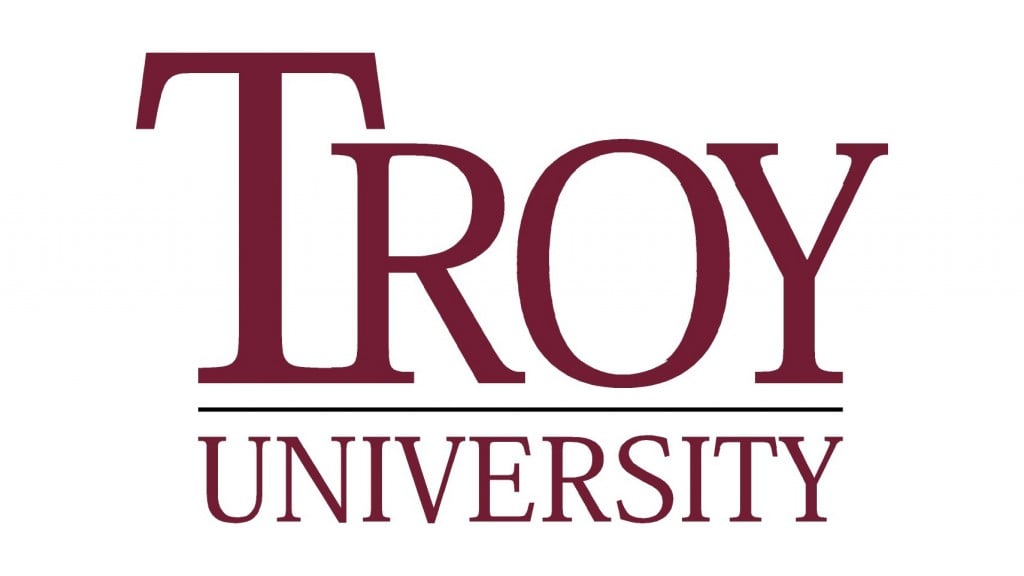$3.5 million grant awarded to Troy University to fund research on medical waste recycling

Troy University has received a $3.5 million federal grant that will fund its continued research and development of methods to recycle personal protective equipment (PPE).
The National Institute of Standards and Technology has awarded TROY's Centre for Materials and Manufacturing Sciences a $3.5 million grant aimed at combating the growing problem of medical waste. The three-year grant is the third NIST has awarded to the centre, continuing the growth of the CMMS.
"The first two NIST grants were to set up the lab, and this one is to fund particular research projects," said Dr. Govind Menon, Director of TROY's School of Science and Technology. "We are entering into the academic research phase of the centre. This $3.5 million does directly to research projects, and it will include something TROY has never done before — we're going to have post-doctoral positions, something very typical of research institutions."
The funding will allow TROY to hire four staff members to focus solely on research.
"These are not faculty. They're here to do research and only research," Menon said. "Another new thing is we have a full-time lab technician who maintains these millions of dollars worth of instrumentation. We're really stepping up our game and becoming a full-blown research centre."
In 2019 alone, the U.S. generated more than 100 million tons of medical waste. Menon said the CMMS research, done in collaboration with the University of Alabama at Birmingham College of Engineering, will establish a full procedure, from decontamination to applications of the resulting materials, to recycle PPE waste.
"We have already started the PPE part of the research, and we are beginning our analysis on how to reuse the materials," Menon said. "This is certainly important with the pandemic in mind, but it's relevant even beyond the pandemic. Medical PPE is something people have been afraid to touch, largely because of contamination. This is absolutely vital research, otherwise the waste generated by PPE will be enormous, in addition to existing waste."


